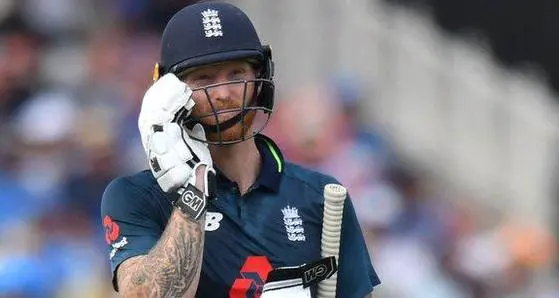Australia's leading foreign policy think-tank, came out swinging, Wednesday, on the dormant debate over a "Big Australia"an Australia that seeks to assume a greater role in regional affairs through ambitious social, economic andeventuallymilitary growth.
In his first address to the National Press Club the Executive Director of the Lowy Institute, Dr. Michael Fullilove challenged Australians to "think big" about their place in the world, or risk being ambushed by challenges "on our doorstep" in the next decade.
"We are facing unprecedented changes that will test us as a people. To pass this test, we need to muscle up. We will need to be a larger country, with a larger tool chest, a larger debate and a larger foreign policy," he told gathered journalists.
The Lowy director wasted no time in deriding "one of the most pernicious clichs" used to describe Australia's role in the world: the idea that Australia "punches above its weight."
"We don't punch above our weight; we punch at our weight.
"And we should brace ourselves, because in the next decade we will need to move up a weight division," he warned.
Australia's comfortable place in the world is shrinking, the " great and powerful friends" are becoming less great and powerful.
"For many years, Australians complained about the tyranny of distance. Now the tyranny of distance has been replaced by the predicament of proximity."
The Lowy has long argued that with economic opportunities come with new political risks.
In the new century, Australia is closer to the world's booming marketsand closer to the world's developing crises.
"We are less isolatedand less insulated," he said.
In a nod to the forthcoming 2014 Lowy Institute Poll, Fullilove said Australians were understanding the new paradigm.
Sentiment here towards China has warmed six points to the equal highest level since 2006, what the Sydney-based institute sees as a reflection of changing modern attitudes away from the Anglo- Australian century.
Most strikingly, Fullilove called for a larger economy, a larger population, a bigger foreign-service and a stronger military.
"Now more than ever, we need a first-rate foreign service. Australia has the smallest diplomatic network of all the G20 nations, and close to the smallest in the developed world."
In language certain to gain some regional notoriety, he insisted: that Australia also needs a more capable military.
"Australian defense spending is too low given our strategic circumstances. Our defense spending has scaled down at exactly the moment when other countries in the region are scaling up," he said.
Fullilove called on the Abbott Government to raise defense spending to 2 percent of GDP.
"The sooner the journey back to 2 percent starts, the more likely it is that we will reach our destination," he said.
The notion will be music to the ears of the conservative think tank the Center for Independent Studies (CIS), which released onThursday a paper calling for Australia to encourage and prolong America's leadership in the Indo-Pacific.
"Preserving Peace as China Rises," by Dr. Benjamin Herscovitch, a research fellow at the CIS, sees Australia as a crucial player in maintaining a regional "status quo" that preserves U.S. hegemony along the lines popularized by U.S. President Barack Obama's "Asia Pivot."
Fullilove argued that a larger Australia also needs a larger vision of our role in the world. It also demands a larger Australian foreign policyone that is both ambitious and coherent.
"Australia has a choice," said Fullilove. "Do we want to be a little nation, with a small population, a restricted diplomatic network, a modest defense force, and a cramped vision of our future? Or do we want to be larger, a big, confident country with the ability to influence the balance of power in Asia, a constructive public debate, and a foreign policy that is both ambitious and coherent?"
The Lowy director took time out to also take a shot at the Australian diplomatic and foreign bureau, the Department of Foreign Affairs and Trade (DFAT), which he described as "run-down and hollowed-out."
 简体中文
简体中文

